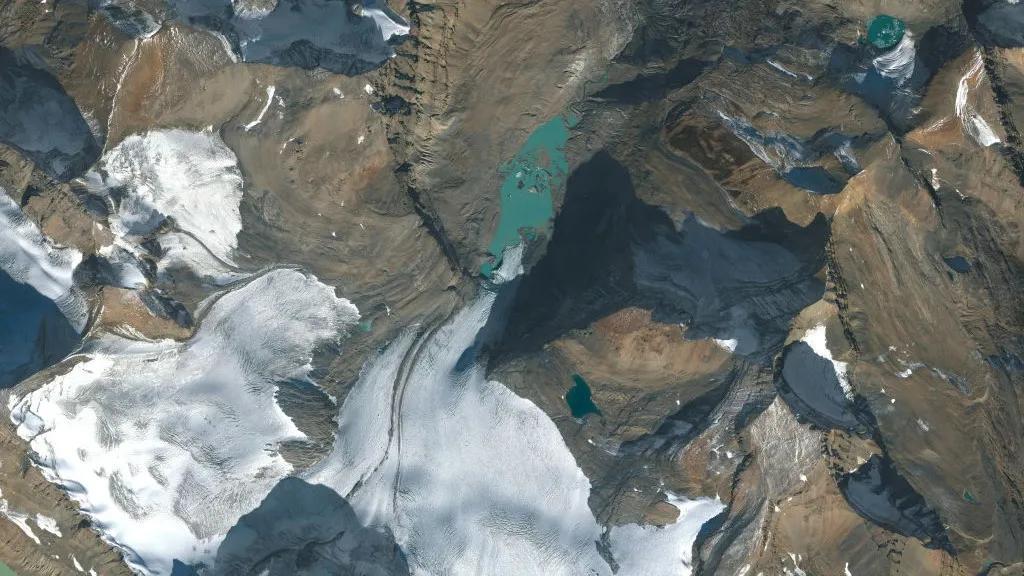
North America & Europe’s Glaciers Lost Unprecedented Ice in 4 Years: Study
Climate change is one of the most pressing issues of our time, and its effects are becoming increasingly evident. A recent study has revealed that glaciers in North America and Europe have lost an unprecedented amount of ice over the past four years. Between 2021 and 2024, glaciers in Washington, Montana, British Columbia, Alberta, and the Swiss Alps experienced a significant loss of ice, with some losing up to 13% of their mass.
The study, published in the journal Geophysical Research Letters, analyzed data from 2021 to 2024 and compared it to the previous decade, from 2010 to 2020. The results were staggering, with the glaciers losing twice as much ice as they did during the previous decade.
In the United States and Canada, the glaciers lost an average of 24.5 billion tons of ice per year, while in the Swiss Alps, they lost an average of 1.7 billion tons annually. These numbers are not only alarming but also have significant implications for the environment and ecosystems.
Glaciers play a crucial role in regulating the Earth’s climate by reflecting sunlight and storing water. As they melt, this process is disrupted, leading to increased temperatures and sea levels. The loss of glaciers can also have devastating effects on local ecosystems, including changes to water flows, altered habitats, and even extinctions.
The study’s findings are based on data from satellite imagery and ground-based measurements. The data was collected from 2021 to 2024 and compared to data from the previous decade, from 2010 to 2020. The researchers used a combination of methods, including satellite-based remote sensing and ground-based measurements, to analyze the changes in glacier mass.
The study’s lead author, Dr. Lucie Francus, a glaciologist at the University of Ottawa, emphasized the significance of the findings. “The rate of glacier mass loss is unprecedented, and it’s happening much faster than expected,” she said. “The implications are far-reaching and have significant consequences for the environment, ecosystems, and human societies.”
The study’s findings are not limited to the United States and Canada. Glaciers in the Swiss Alps, which are known for their stunning beauty and importance to the local ecosystem, also experienced significant melting. The Swiss Alps are home to some of the most iconic glaciers in the world, including the Aletsch Glacier, which is the largest glacier in the Alps.
The melting of glaciers in the Swiss Alps has significant implications for the local environment and ecosystems. The glaciers play a crucial role in regulating the region’s climate, and their loss can lead to changes in water flows, altered habitats, and even extinctions. The melting of glaciers can also have economic implications, particularly for the tourism industry, which relies heavily on the region’s glaciers and mountain scenery.
The study’s findings are a stark reminder of the urgent need to address climate change. Glaciers are one of the most sensitive indicators of climate change, and their rapid melting is a warning sign that the planet is heading in the wrong direction.
The study’s authors are calling for immediate action to reduce greenhouse gas emissions and slow the rate of climate change. “The window for action is still open, but it’s rapidly closing,” said Dr. Francus. “We need to take immediate action to reduce emissions and transition to a low-carbon economy.”
The study’s findings are a wake-up call for governments, policymakers, and individuals around the world. The loss of glaciers is not just an environmental issue, but also a humanitarian crisis. As the world grapples with the challenges of climate change, it is imperative that we take immediate action to address this crisis.
Source:
https://agupubs.onlinelibrary.wiley.com/doi/10.1029/2025GL115235






